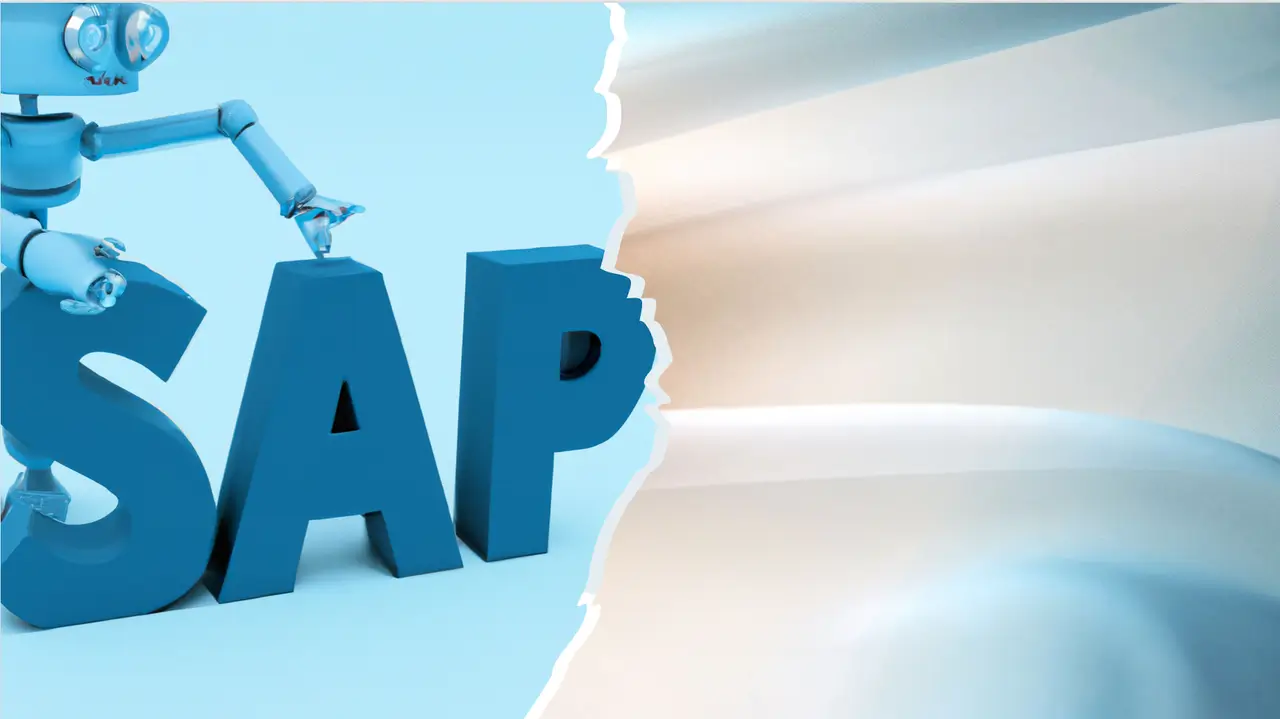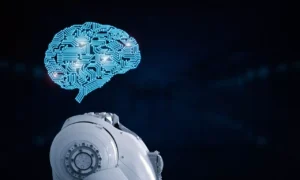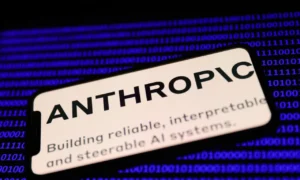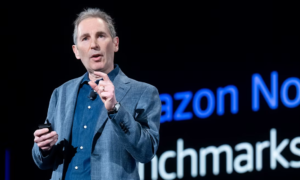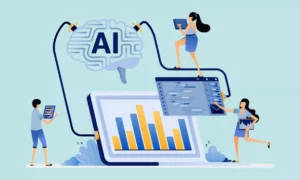Companies are drowning in AI possibilities but starving for direction. SAP thinks it has the answer: a systematic way to figure out where autonomous AI agents can actually move the needle.
The Strategic Shift
On July 21, SAP will officially launch its “Discovering High-Value Opportunities for Agentic AI” learning program, the company’s most targeted attempt yet to help enterprises move beyond AI experimentation toward strategic deployment. This isn’t another technical training course. It’s designed to help organizations ask the right questions before they start building.
The program teaches teams to run Joule Agent Discovery Workshops, structured sessions that help identify where AI agents can deliver measurable business impact. Unlike chatbots or content generators, these agents can plan complex workflows, execute multi-step tasks, and coordinate across departments without constant human oversight.
The course follows SAP’s November 2024 launch of training focused on human-centered AI use cases. Together, they represent a deliberate progression: first, understand how humans interact with AI, then identify where autonomous systems can take over entirely.
Participants learn to facilitate discovery sessions for different team sizes and time constraints. The training covers virtual environments and various organizational contexts. No prior SAP experience is required, though workshop facilitation skills help.
The format borrows from SAP’s Expert Lecture series but adds hands-on elements. Teams practice guiding participants through idea generation, prioritization exercises, and detailed use case development.
Why This Matters Now
The timing reflects broader enterprise software trends. Companies have moved past the “AI is magic” phase and entered the “prove ROI or cut budgets” reality. SAP’s structured approach addresses a common problem: organizations often deploy AI without clear success metrics, leading to expensive failures and executive skepticism.
Consider the analogy of business process reengineering in the 1990s. Companies that systematically analyzed workflows before implementing ERP systems generally saw better outcomes than those that simply digitized existing processes. SAP appears to be applying similar thinking to AI agents.
The workshop approach also acknowledges that AI agent deployment isn’t primarily a technical challenge anymore. The hard part is organizational: identifying processes ripe for automation, managing change, and ensuring systems align with business objectives.
Early adopters who master this discovery process may gain significant competitive advantages as AI agents become more sophisticated. The gap between strategic and haphazard AI implementation could widen quickly.
The Human-Centered Foundation
Karen Detken, the expert user experience designer at SAP AppHaus who developed the program, brings years of customer co-innovation experience to the challenge. Her team has run countless workshop formats, gathering real-world feedback on what works and what doesn’t.
The SAP AppHaus team shares their methods openly through an innovation toolkit, a philosophy that extends to their AI work. When generative AI started appearing in SAP solutions, they began exploring business applications with customers rather than developing in isolation.
“New technologies are developing very fast and are becoming widely accessible,” Detken said. “What is important is that we have a very clear picture of why we want to use the technologies. Because technology only has a value when you find the right purpose to use it.”
This perspective shapes the entire workshop methodology. Instead of starting with technical capabilities, teams begin with business outcomes. The approach incorporates SAP’s AI Ethics Handbook principles, ensuring responsible deployment considerations from the start.
Customer feedback drives continuous refinement. The team regularly hears from workshop participants who gained clearer understanding of how AI agents could address specific business problems, not just theoretical possibilities.
Beyond the Brain Metaphor
Detken’s description of the evolution from generative AI to agents captures the fundamental shift happening across enterprise software: “With Gen AI, we only had the brain and now it’s the next step, we have the brain and the hands. Maybe in the future, we will have the entire body as well, which would probably be the robots.”
That progression from thinking to acting represents more than technological advancement. It reflects a maturation in how businesses approach AI deployment. The workshop methodology recognizes that successful agent implementation requires understanding not just what these systems can do, but where they should do it.
The program also showcases innovation in learning delivery, using avatar-based presentations with Detken as the speaker. This choice reflects the team’s willingness to experiment with new formats while focusing on practical outcomes.
For enterprises grappling with AI strategy, SAP’s structured discovery approach offers a middle path between reckless experimentation and paralyzed caution. The real test will be whether organizations can translate workshop insights into measurable business improvements.
The question isn’t whether AI agents will transform business operations. It’s whether companies can identify the right opportunities before their competitors do.

